Cryptocurrencies and blockchain technology have introduced groundbreaking innovations that are revolutionizing various industries. Among these innovations, Dash and Decentralized Finance (DeFi) have emerged as prominent players, pushing the boundaries of traditional financial systems. In this article, we will delve into the world of Dash and DeFi, exploring their significance, impact, and the future they hold in reshaping the financial landscape.
In the fast-paced world of cryptocurrencies, Dash has made a distinctive mark by focusing on privacy and fast transactions. Simultaneously, DeFi has pioneered the concept of removing intermediaries from financial activities. Together, Dash and DeFi are forging a path toward a more inclusive, efficient, and transparent financial future.
Understanding Dash
Dash, short for “Digital Cash,” was created with the aim of becoming an everyday digital currency. It emphasizes speed and privacy in transactions, offering an alternative to Bitcoin’s slower confirmation times. Dash’s unique feature, the Masternode Network, enables instant transactions and governance decisions, making it not just a cryptocurrency but also a decentralized organization.
The Rise of Decentralized Finance (DeFi)
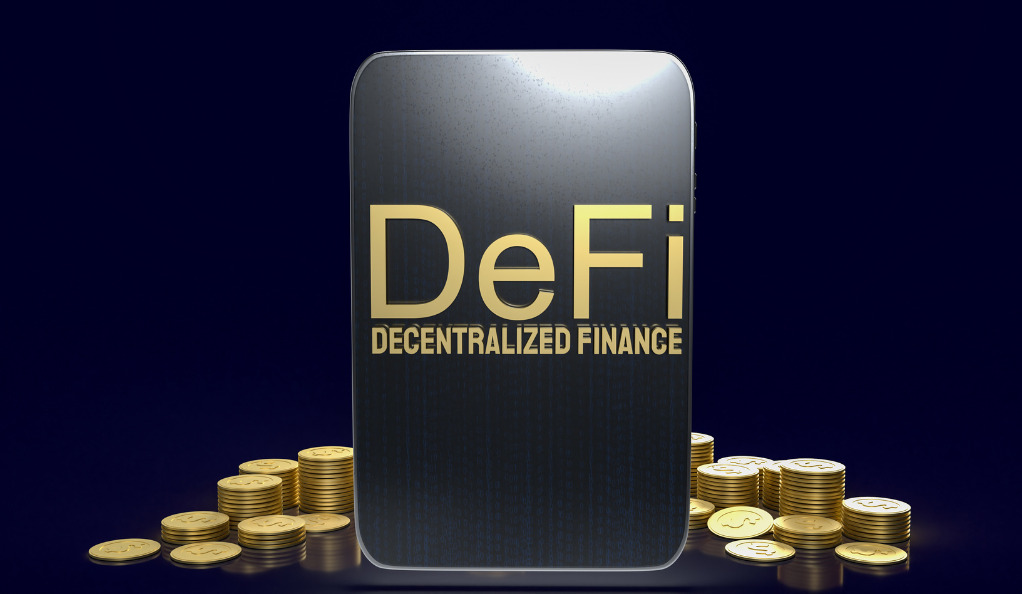
DeFi represents a seismic shift in the financial landscape. It leverages blockchain technology to provide financial services without traditional intermediaries like banks. Decentralized lending, borrowing, trading, and yield farming are just a few examples of the services that DeFi platforms offer, promoting financial inclusion and control over one’s assets.
Key Features of Dash and DeFi
Dash’s PrivateSend feature ensures transaction privacy by using a mixing mechanism. On the other hand, DeFi platforms operate on smart contracts, which are self-executing agreements with predefined conditions. These features eliminate the need for intermediaries, reducing costs and increasing accessibility.
Benefits and Advantages
Both Dash and DeFi offer benefits such as global accessibility, enhanced financial control, and reduced transaction fees. Dash’s focus on instant transactions makes it suitable for daily transactions, while DeFi platforms empower individuals to engage in various financial activities seamlessly.
Challenges and Concerns
The rapid growth of DeFi has exposed vulnerabilities, leading to concerns about security and the potential for exploits. Dash faces challenges related to mass adoption and the integration of its unique features into mainstream financial systems.
Security Measures and Risk Management
Dash’s Masternode Network enhances security through a two-tier network, enabling features like InstantSend and ChainLocks. DeFi projects are actively developing more secure protocols and conducting audits to mitigate risks associated with smart contracts.
Integration of Dash in DeFi Ecosystem
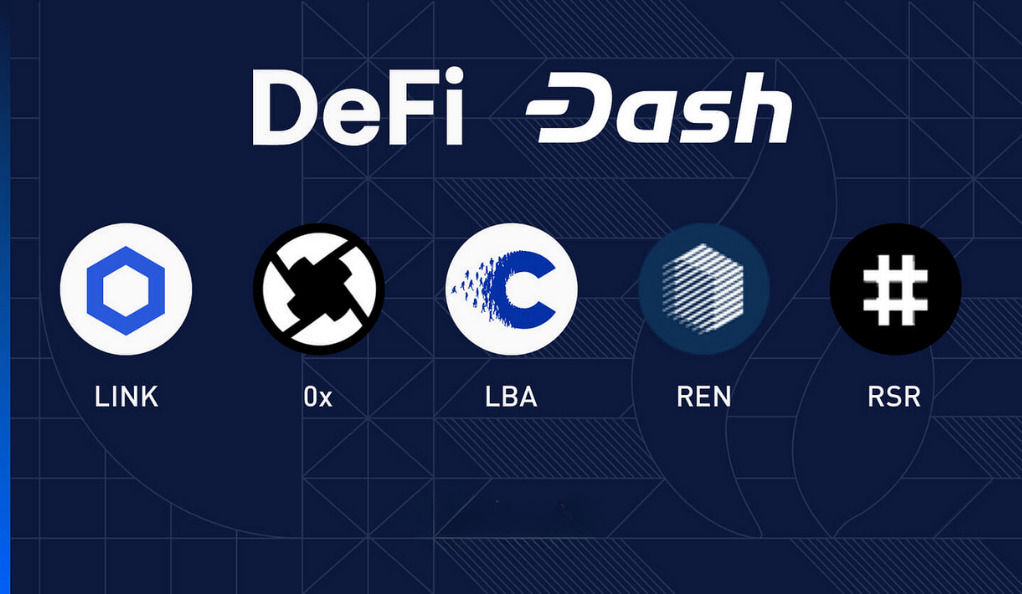
As DeFi evolves, the integration of Dash into these platforms could offer benefits such as fast and private cross-border transactions and new avenues for liquidity provision. Dash’s governance structure could also bring valuable decision-making mechanisms to DeFi projects.
Use Cases and Applications
Dash’s real-world applications range from retail transactions to remittances, particularly in regions with limited access to traditional banking. DeFi, on the other hand, caters to a broad spectrum of financial activities, from trading and lending to creating and exchanging synthetic assets.
The Role of Governance
Dash’s unique governance system allows Masternode operators to participate in decision-making and funding proposals, fostering a sense of community and innovation. DeFi projects are experimenting with various governance models to ensure a decentralized and fair decision-making process.
Regulatory Landscape
Both Dash and DeFi operate in a rapidly evolving regulatory environment. Dash’s focus on privacy has led to discussions about its compliance with regulations. DeFi’s borderless nature presents challenges for regulators seeking to strike a balance between innovation and investor protection.
Future Outlook and Potential

The future of Dash and DeFi appears promising. Dash’s efforts to enhance user experience and privacy, coupled with DeFi’s relentless pursuit of financial inclusivity, could lead to mainstream adoption. Collaborations and partnerships between the two could unlock new dimensions of financial services.
Innovations on the Horizon
The dynamic nature of both Dash and DeFi ensures a continuous stream of innovations. Dash could introduce improvements to its privacy features, while DeFi may witness the integration of AI and machine learning for risk assessment and decision-making.
Conclusion
In a world where financial systems are being reimagined, Dash and DeFi stand as trailblazers, challenging traditional norms and offering alternatives that empower individuals. Their journeys intertwine, presenting opportunities for synergy and growth, and together they are poised to shape the future of decentralized finance.
FAQs
Dash uses PrivateSend, mixing transactions for enhanced privacy.
Dash’s Masternodes vote on decisions and funding proposals.
Risks include smart contract vulnerabilities and impermanent loss.
Smart contracts automate DeFi activities like lending and trading.
Regulations can affect privacy features and challenge DeFi’s borderless nature.
At axerunners.com, our goal is to furnish well-rounded and trustworthy information regarding cryptocurrency, finance, trading, and stocks. Nonetheless, we avoid providing financial advice and instead encourage users to conduct their own research and meticulous verification.
Read More

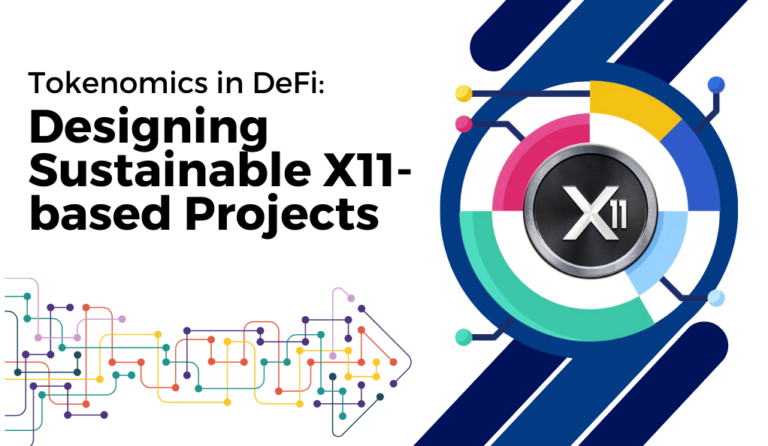



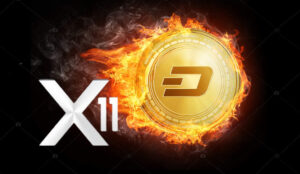

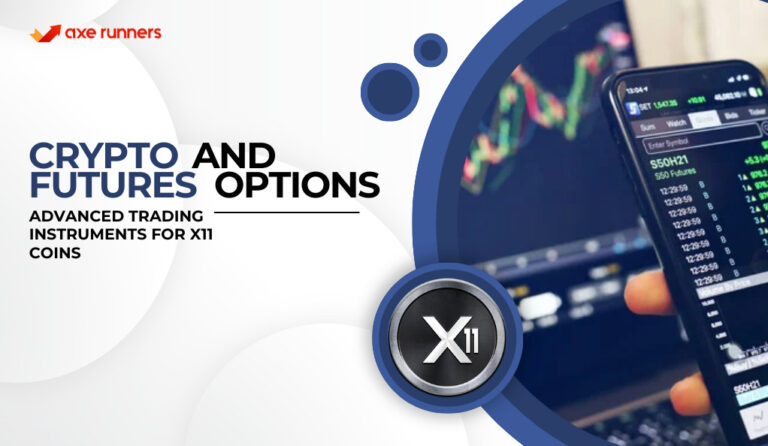
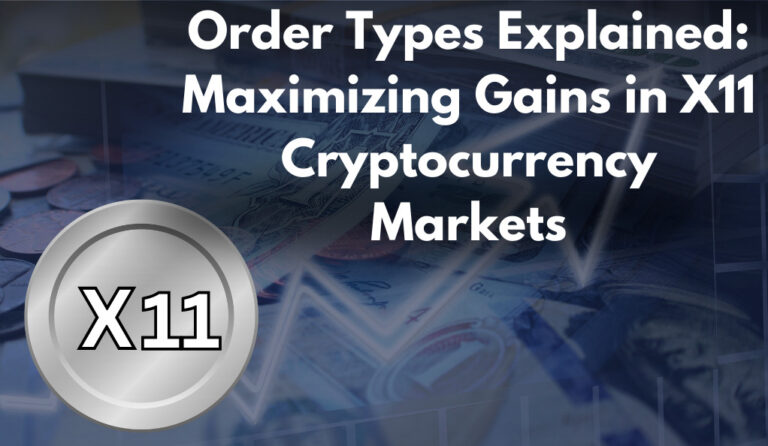
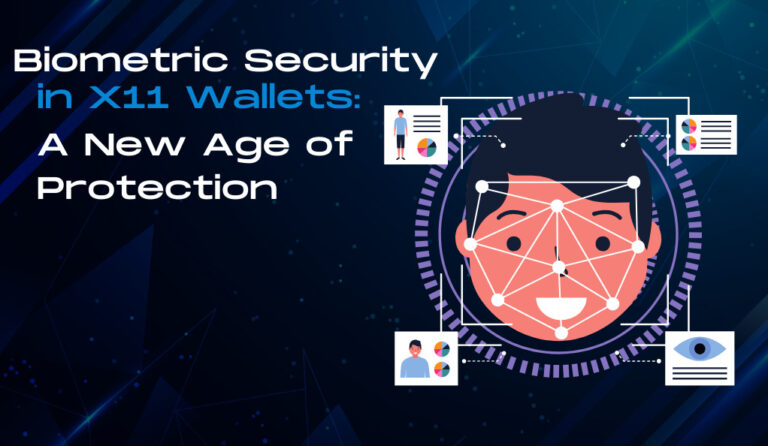
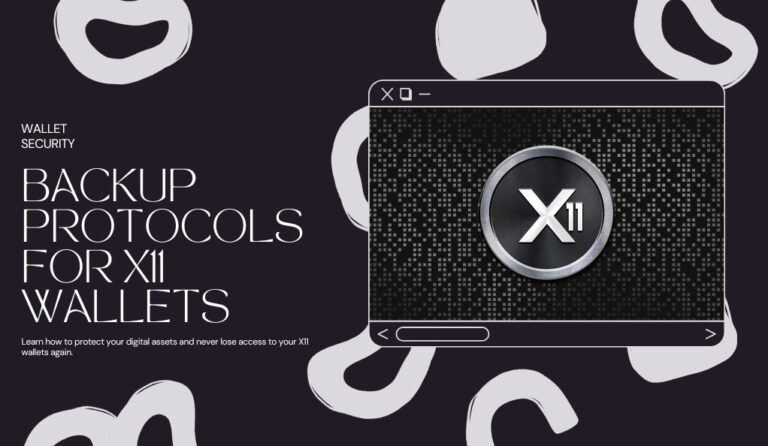
+ There are no comments
Add yours